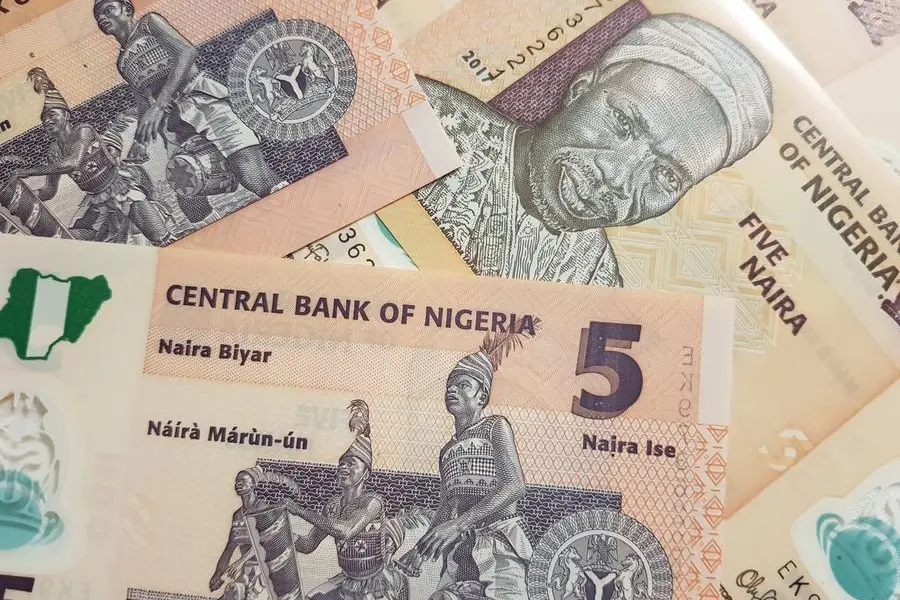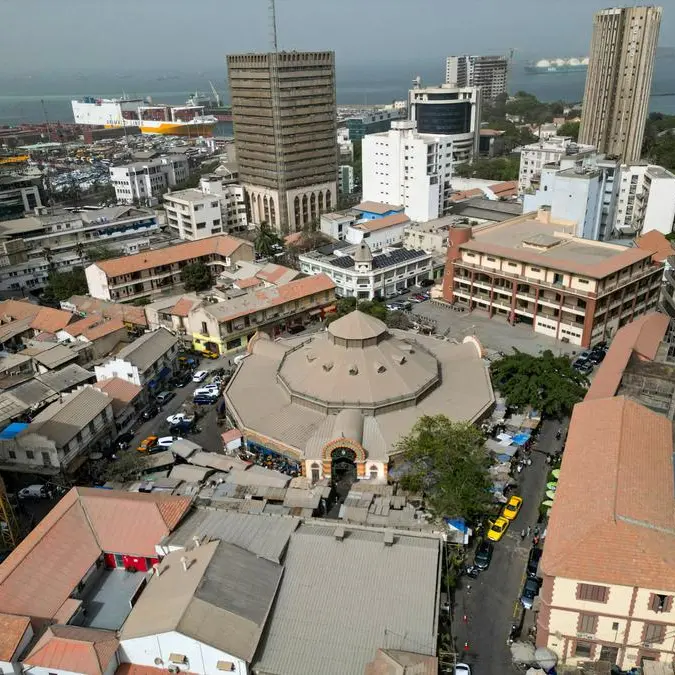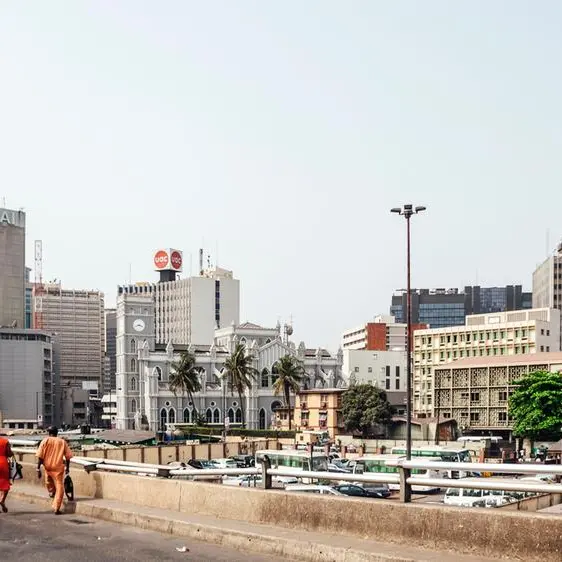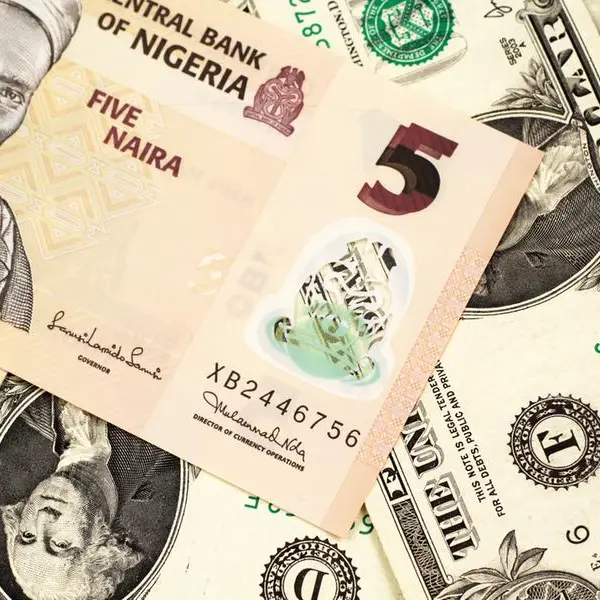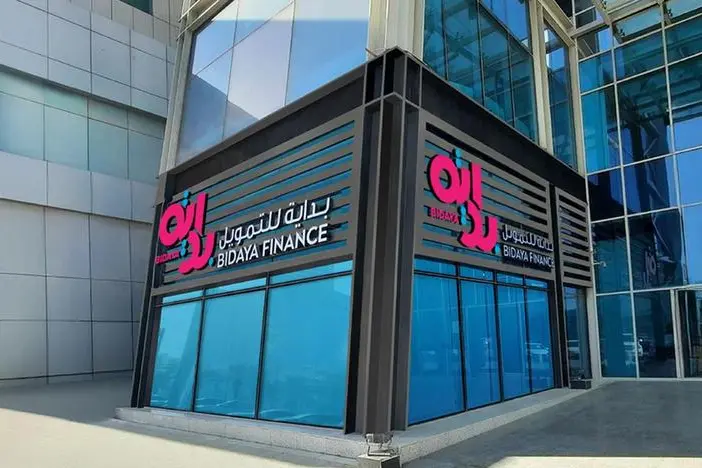PHOTO
Fresh report by the Lagos-based Financial Derivatives Company Limited has re-echoed several factors that led to exchange rate weakness in Nigeria in recent times.
According to the report, macroeconomic imbalances like high inflation and fiscal deficits; currency policy especially the floating of exchange rate are among the real factors.
The report made available to Nigerian Tribune at the weekend, also identified speculative activities, market sentiment and expectations; interest rate differentials and structural factors such as lack of productive capacity that can lead to export.
Related PostsNaira to appreciate to 1,200/dollar in 12 months —Goldman SachsNaira expected to appreciate to N1200/$ in 12 months — Goldman SachsNaira firms up at official market, dips at parallel window
The naira has been under intense pressure since the floatation of the exchange rate. In January 2024, the local currency was believed to be on a one-way plunge towards N3000/$. Even the more ardent believers in free market economics had serious doubts that the naira could be salvaged.
The International Monetary Fund (IMF) projected that the naira’s value would end 2024 at N2,081/$, a 35 percent depreciation.
The IMF, EIU and the Federal Government have divergent views of the naira’s performance in 2024.
The Economists Intelligence Unit (EIU) projected N2,000/$; the Federal Government of Nigeria’s Budget 2024 assumption set the exchange rate at N800/$ while FDC believes that the exchange rate of the naira will stalize at N1,580/$ in 2024.
“Our view is that the naira is bottoming out. It has less downside risk than upside potential. Just like the economy, a U-curve recovery is more likely than a V-curve (quick fix). Our model suggests the naira will trade in the parallel market at the N1500/$–N1650/$ range through the months of March and April before a gradual and slow recovery. This means extended pain for Nigerian importers, manufacturers, and, more specifically, consumers, “ the FDC stated.
On the other hand, Bismarck Rewane’s FDC in another analysis said the naira recovery may be sustained, citing recent decisions by the apex bank.
According to the firm, with recent week’s adjustment of the benchmark interest rate, Monetary Policy Rate (MPR), by 400 basis points to 22.75 percent, the country’s inflationary pressures are likely to be tamed in the near term.
“A lower inflation rate will strengthen the naira further and support its appreciation trend,” FDC stated.
Cordros Capital Group stated that the pace of the reforms by the apex bank is encouraging, raising possibility of a stronger naira over time.
“We are encouraged by the pace of reforms within the market as well as the renewed interventions by the apex bank,” group stated.
In our view, following through with recently implemented reforms alongside continued efforts to clear the forex backlog may lead to improved liquidity over the medium-term,” Cordros Capital stated.
Meanwhile, a former Deputy Governor of the Central Bank of Nigeria, Prof. Kingsley Moghalu, has stated that the naira’s strength can be restored only through Nigeria’s transition into an economy driven by exports.
During the 29th annual Nigerian Economic Summit held in the capital city, Abuja, Moghalu emphasised that the naira’s recovery hinges on Nigeria shifting to an export-driven economy.
When asked about addressing the decline of the Nigerian currency, Moghalu stressed the importance of adopting a long-term approach to resolve the issue.
“The way to fix the naira’s problems is a combination of things. Some of them are short-term, but let me start with the long-term because we’ve been trying to fix the problem of the naira for a long, long time. It’s just been getting worse,” Moghalu said.
Copyright © 2022 Nigerian Tribune Provided by SyndiGate Media Inc. (Syndigate.info).
